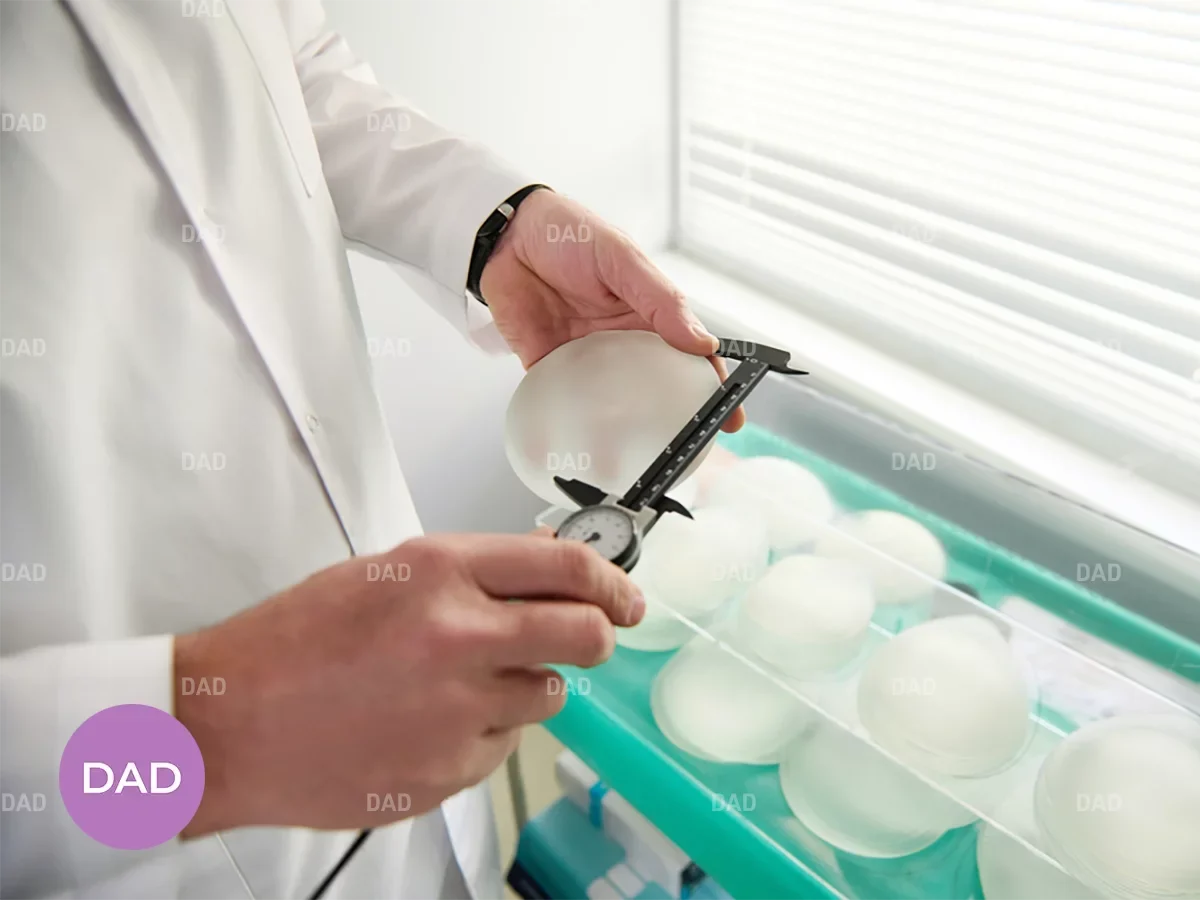Breast augmentation is one of the most popular and in-demand cosmetic surgeries worldwide. This procedure aims to improve the appearance of the breasts, enhance volume, restore symmetry, or reconstruct the breast following surgeries such as mastectomy. Today, many women choose breast implants to boost self-confidence and satisfaction with their physical appearance. Moreover, advancements in medical science and implant technology have made this surgery safer and the results more natural.
If you are considering or planning to undergo breast augmentation surgery, it’s important to understand that success is not limited to the surgical procedure alone. Many factors influence achieving the ideal outcome, including choosing the right surgeon, understanding the procedure, selecting the appropriate implant type, and following essential pre- and post-operative care instructions. Neglecting these aspects can lead to complications, unsatisfactory results, and the need for revision surgeries and added costs.
In this comprehensive and SEO-optimized article, we will walk you through the essential care steps, dos and don’ts before and after breast augmentation surgery. At the end, we’ll also introduce one of the best breast implant surgeons in Tehran to help you confidently take the first step toward achieving your desired look.
Why Choosing the Right Surgeon for Breast Augmentation Matters
Before diving into pre- and post-operative care, it’s crucial to understand how significantly the choice of surgeon affects the safety, quality, and longevity of your results. A professional plastic surgeon must have a deep understanding of body anatomy, breast tissue, and advanced surgical techniques, combined with extensive clinical experience and up-to-date medical knowledge. This expertise ensures natural-looking and complication-free outcomes. Additionally, a pre-operative consultation builds trust and transparency between the patient and surgeon. In this session, you’ll receive personalized information about the implant type (silicone or saline), the appropriate size, implant placement (under the muscle or gland), incision techniques, and required pre- and post-operative care.
Such consultations increase patient awareness and allow for informed decision-making, ensuring better physical and mental preparation for a successful surgical journey.
Important Pre-Operative Care Measures to Take Seriously
Pre-operative care is designed to prepare you physically and mentally for surgery and to increase safety and surgical success. These guidelines reduce risks and help ensure a smooth surgical experience:
- Health Assessment: A complete evaluation of your general health is essential before surgery. This includes blood tests (to assess hemoglobin levels, kidney and liver function, blood clotting, etc.) and imaging (ultrasound or mammography) to examine breast tissue and detect any underlying conditions such as cysts or fibroadenomas.
- Discontinuing Certain Medications: Some medications can interfere with blood clotting and increase the risk of bleeding during or after surgery. Aspirin, ibuprofen, vitamin E supplements, NSAIDs, and anticoagulants like warfarin should be stopped at least 1–2 weeks before the surgery under your doctor’s supervision.
- Avoiding Smoking and Alcohol: Smoking restricts blood flow and reduces oxygen delivery to tissues, slowing down the healing process. Alcohol can interfere with immune function and liver performance, raising the risk of infection and bleeding. All tobacco and alcohol consumption should be stopped at least four weeks before and after surgery.
- Consultation on Implant Type and Placement: A detailed consultation helps determine the most suitable implant type, size, and placement for your body. Factors such as body structure, breast tissue thickness, lifestyle, and personal expectations will be discussed, including implant shape (round or teardrop) and incision location (underarm, around the areola, or under the breast fold).
- Planning for Recovery: Since the initial post-op period requires rest and limited activity, it’s essential to plan ahead. Arrange for a caregiver for the first week, prepare a comfortable sleeping area (preferably semi-upright), and stock up on necessary supplies such as medications, a surgical bra, sterile gauze, and other essentials. Ensure you take time off from work or social obligations to allow for proper healing.
Essential Post-Operative Care for a Faster and Safer Recovery
Proper post-op care is critical for achieving the best results, minimizing complications, and speeding up recovery after breast implant surgery. The following guidelines are key:
- Adequate Rest: The first week should be dedicated to rest. Avoid all strenuous physical activity, including heavy lifting and intense workouts. Your body needs this time to heal and adjust to the new implants.
- Wearing a Surgical Bra: A medical-grade support bra, recommended by your surgeon, helps maintain implant position and reduce swelling. It should be worn continuously for several weeks to ensure proper healing and stability.
- Taking Prescribed Medications: Painkillers, antibiotics, and anti-inflammatory medications should be taken exactly as prescribed. Skipping doses or self-discontinuation can interfere with recovery and increase the risk of complications.
- Avoiding Smoking and Nicotine Products: Nicotine constricts blood vessels and hinders oxygen delivery, increasing the risk of tissue necrosis, infection, and delayed healing.
- Healthy Diet and Hydration: A nutrient-rich diet with adequate protein (such as white meat, eggs, and legumes) and vitamins C, A, and E, along with sufficient water intake, supports immune function and accelerates cellular regeneration.
- Daily Wound Care: Keep incision sites clean and dry to prevent infection. Follow your surgeon’s instructions for dressing changes and avoid getting the area wet in the bath or shower until cleared by your doctor.
- Proper Sleeping Position: Sleep on your back with your head elevated to reduce swelling. Use multiple pillows and avoid sleeping on your sides or stomach to prevent pressure on the implants.

Conclusion: Achieving a Safe and Aesthetic Outcome from Breast Augmentation
When performed by a qualified surgeon with a deep understanding of aesthetics and anatomy, breast augmentation can significantly enhance self-confidence and body image. However, long-term success requires not only proper surgical execution but also strict adherence to pre- and post-op care and effective collaboration between patient and medical team.
If you’re seeking a trusted and experienced surgeon, we recommend Dr. Amir Daryani, one of the top breast implant surgeons in Tehran. Dr. Daryani holds a fellowship in reconstructive and oncoplastic breast surgery from the prestigious Sapienza University in Rome, Italy. With over twelve years of clinical experience and hundreds of successful surgeries, he is recognized for his scientific knowledge and professional ethics.
If you are interested in receiving expert consultation, exploring treatment options, and learning about modern breast surgery techniques, you can get in touch with Dr. Amir Daryani, a board-certified plastic surgeon and specialist in aesthetic procedures.



